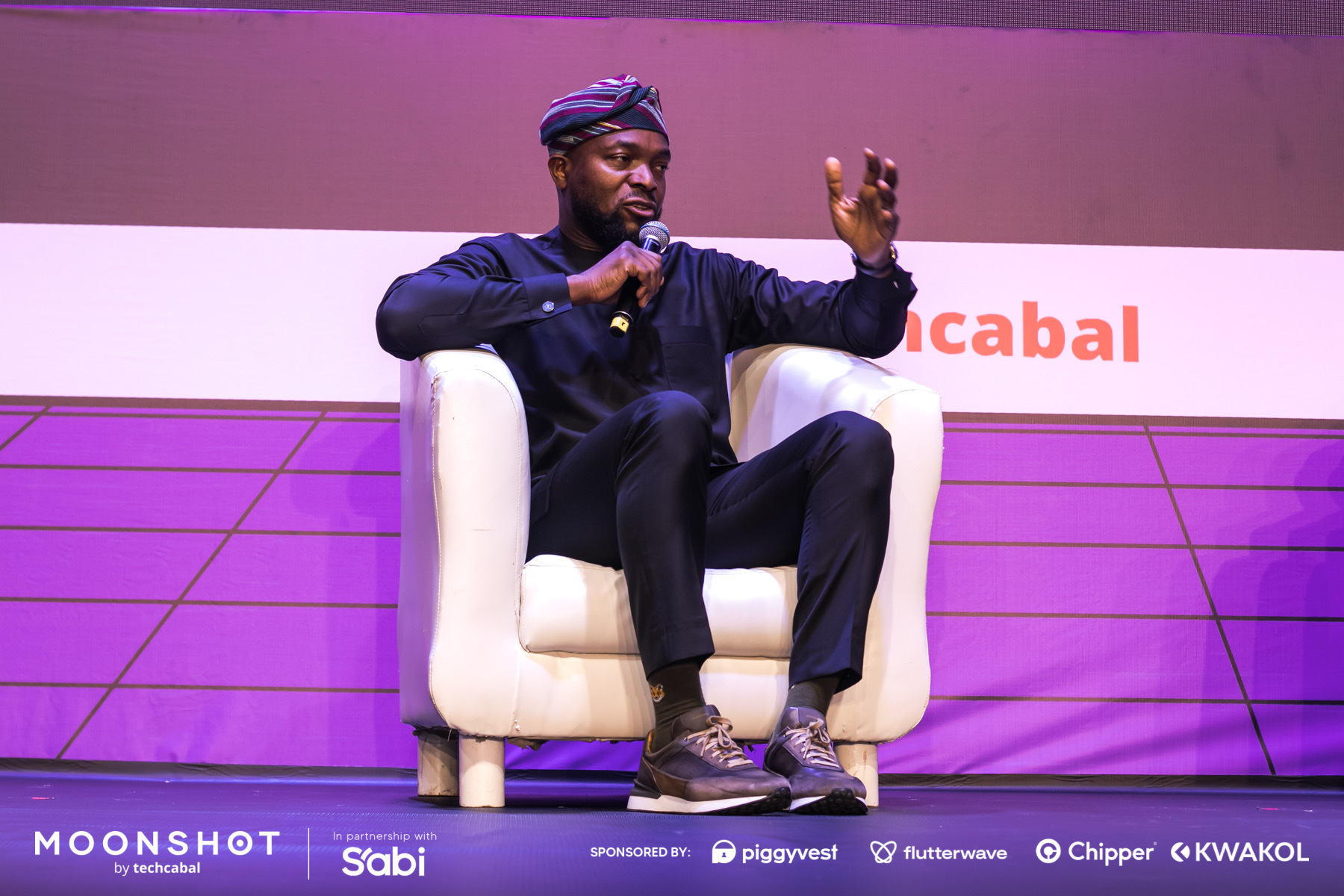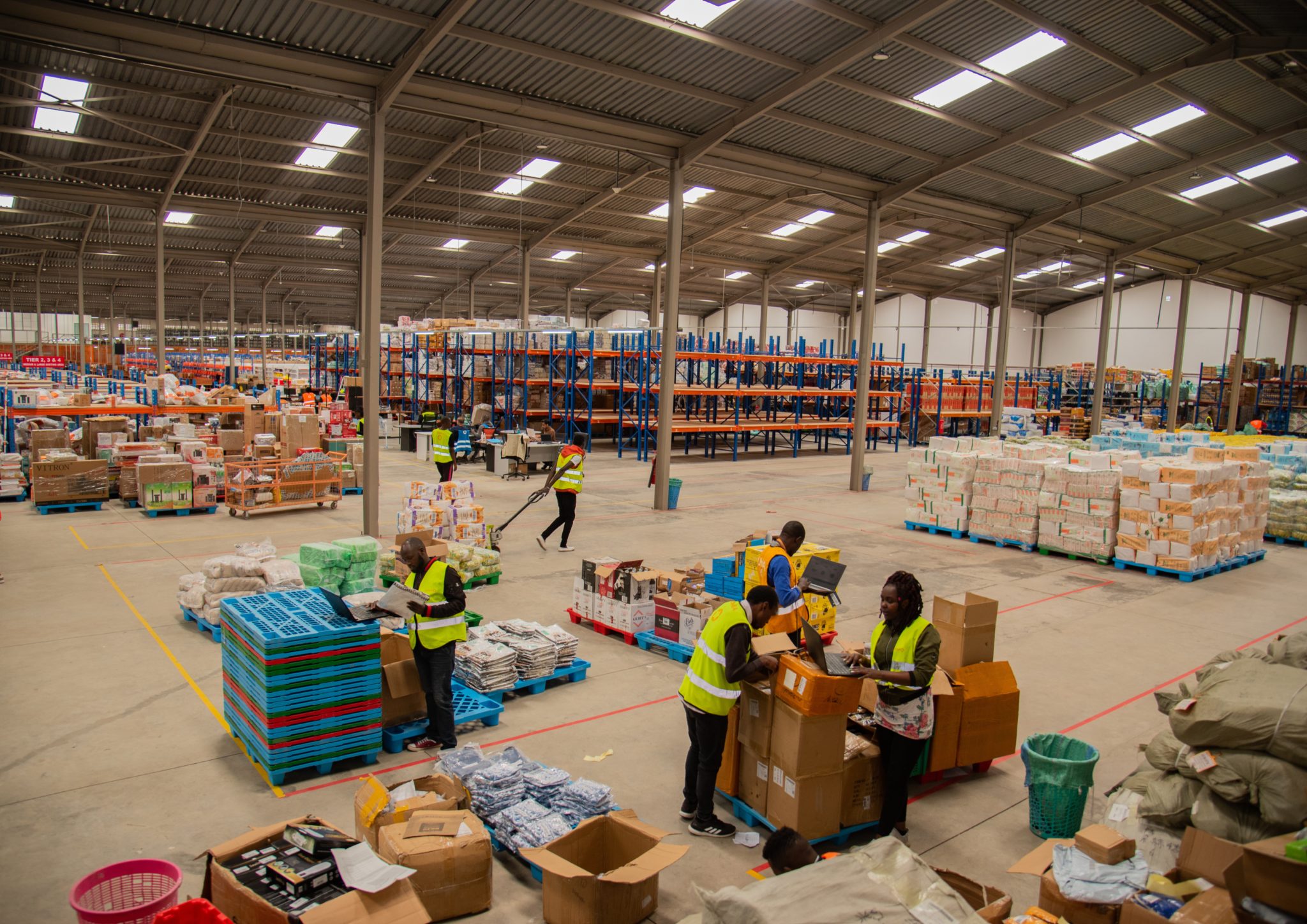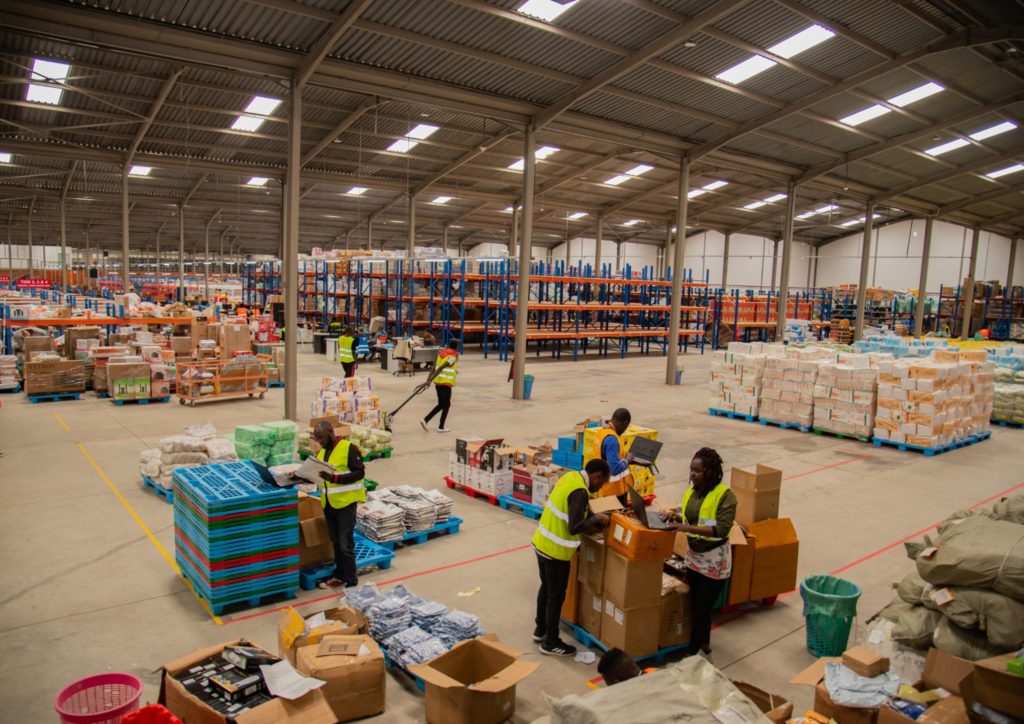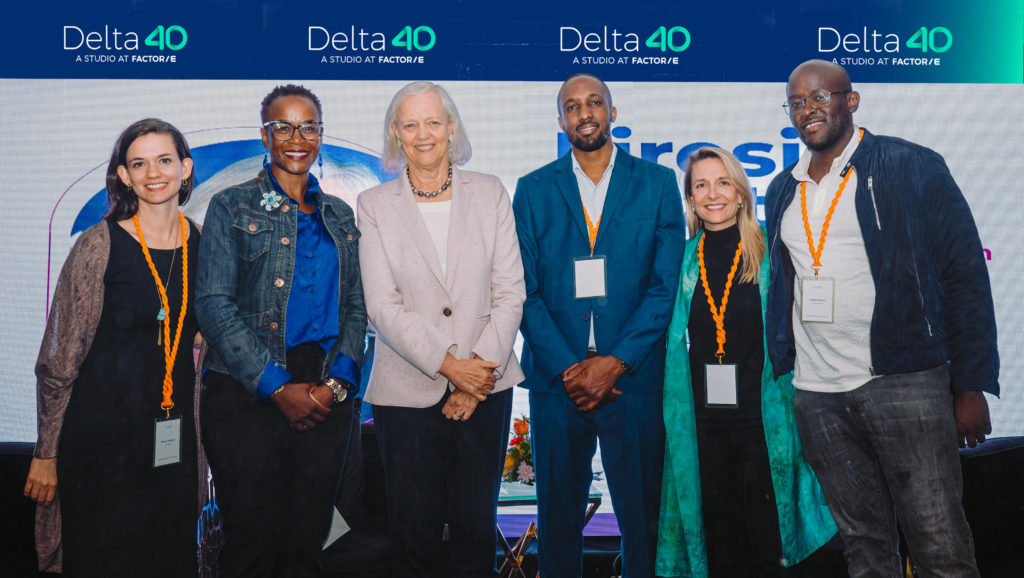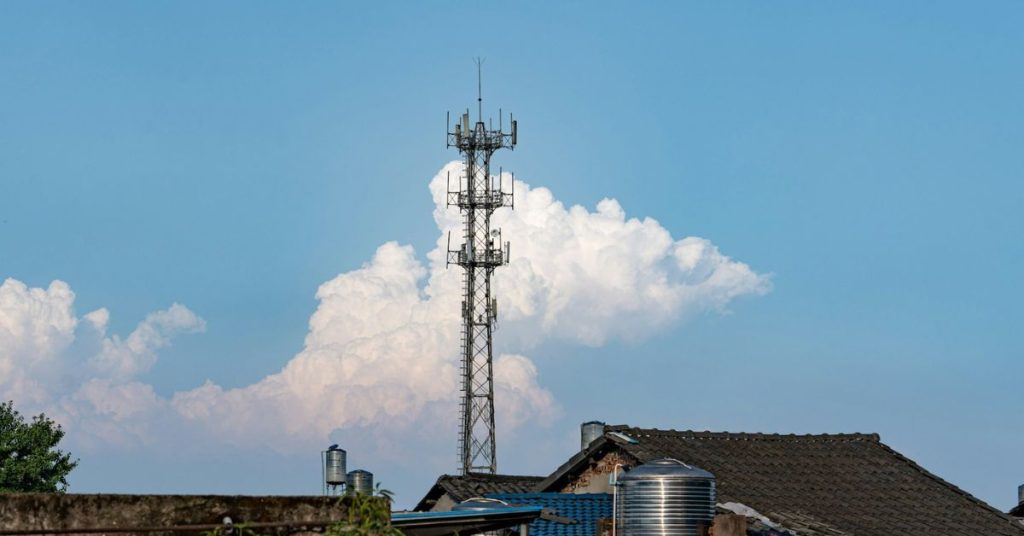The technology minister’s 3 Million Technical Talent (3MTT) program wants to train 3 million Nigerians by 2027 using the 1-10-100 model.
Bosun Tijani, Nigeria’s Nigeria’s minister of communications, innovation, and digital economy, announced at TechCabal’s Moonshot conference on October 11, that the ministry was going to train three million technical talents over the next four years. The minister said he would use a 1-10-100-model. This means training 1% of the three million in three months, then 10% over a defined period, then 100%. Days later, the 3 Million Technical Talent (3MTT) portal was launched.
TechCabal visited the 3MTT website, hosted by the National Information Technology Development Agency (NITDA) and powered by Prembly, a Nigerian compliance and security infrastructure company.
The website is easy to navigate, with the three primary segments —about 3MTT, how to apply, and FAQs— hanging on the top right corner. A significant feature missing from the website is an accessibility tool. The white and green colour-themed website may be difficult to use for people with varying degrees of visual impairments.
While checking the website, we found some important information for applicants and anyone interested in the 3MTT program. Some of the information is inserted into extra documents embedded on the website. For instance, if you’re wondering where the tutors will come from, or what their registration is like, we have the answers.
Courses
In the first phase, 3MTT will focus on twelve technical skills, namely; Software Development, UI/UX Design, Data Analysis & Visualisation, Quality Assurance, Product Management, Data Science, Animation, AI / Machine Learning, Cybersecurity, Game Development, Cloud Computing, and Dev Ops.
These courses were selected in light of Bosun Tijani’s vision of positioning “Nigeria in the top 25% percentile in research globally across six pivotal Fourth Industrial Revolution (4IR) technological domains, including artificial Intelligence (AI), Unmanned Aerial Vehicles (UAVs), Internet of Things (IoT), robotics, blockchain, and additive manufacturing”.
3MTT fellowship application process
The fellowship is a five-stage application process where applicants will be asked to submit bio-data, contact information, background skills & employment status, training program choices, and finally a confirmation page to ensure the accuracy of data.
It took us five minutes to complete an application form.
A useful feature while selecting the course on the form is that prospective fellows get to see a summary of what their program entails, while also filling in what level of expertise they currently have. Perhaps, this will be used to separate fellows when the program starts.
The process is completed after a candidate submits either their National Identification Number (NIN) or Bank Verification Number (BVN). An email is sent to candidates immediately, informing them that they’ll hear back if selected.
3MTT trainers’ application process
One of the technology minister’s objectives is to “increase the level of digital literacy of
our population to 70% by the end of 2027”. To support this, the 3MTT is looking to utilise as many talented people as it can access. Hence, it has a portal for trainers to join the 3MTT program.
The trainers will support the program’s first three months and help to define a model that will be replicated during the 10% and 100% phases. Trainers are expected across the 12 courses.
The 3MTT has a training providers requirements document which says trainers will create curriculum and training methods, provide proof of training experience, with a preference for trainers with internship model experience, be able to use a hybrid teaching system that’s inclusive, have the capacity to operate in chosen states or regions and create learning benchmarks with at least 80% completion rates among fellows.
While the process for the trainers is important to get the best, we wonder if Nigeria’s tech ecosystem currently boasts of enough trainers to handle three million people training on this scale.
Placement
One of the extra requirements for trainers is that they must have the ability to provide placement for fellows within their care. This means the ministry expects the trainers to be organisations and not individuals.
The 3MTT program demands that training providers should be able to place at least 50% of fellows in jobs that match their skill level within three months of completing the program. What this means for fellows is that the majority of them are assured of a job opportunity or internship at the end of their program.
To ensure continuous growth, the 3MTT portal says providers have to “accurately evaluate the impact of the training on these individuals. It is essential for providers to have a system that periodically tracks the development of the fellows alongside their employers”.
Timeline
The program started with a call for fellows and training providers on October 13 and will move to the selection phase from November 1, 2023. The program will kick off on November 15, and will run for three months.
The program uses an iterative model that will take lessons from one phase to improve the next phase. While the first phase is expected to end by February 2024, a new timeline will be shared as the 1% stage ends.
Partners can join the program
The program is calling for partners who want to sponsor the 3MTT program through direct or indirect funding, equipment, physical spaces and other infrastructural support, device support, local and international job placements, support for programme execution, and other forms of support possible.
Interested parties can apply to be sponsors here.
An easy guess is that where program trainers are unable to find employment for all fellows, the partners will support them by helping with placements.
FAQs
The homepage ends with an FAQ section for fellows and trainers. It answers questions like the form of financial support available, among other important things.









